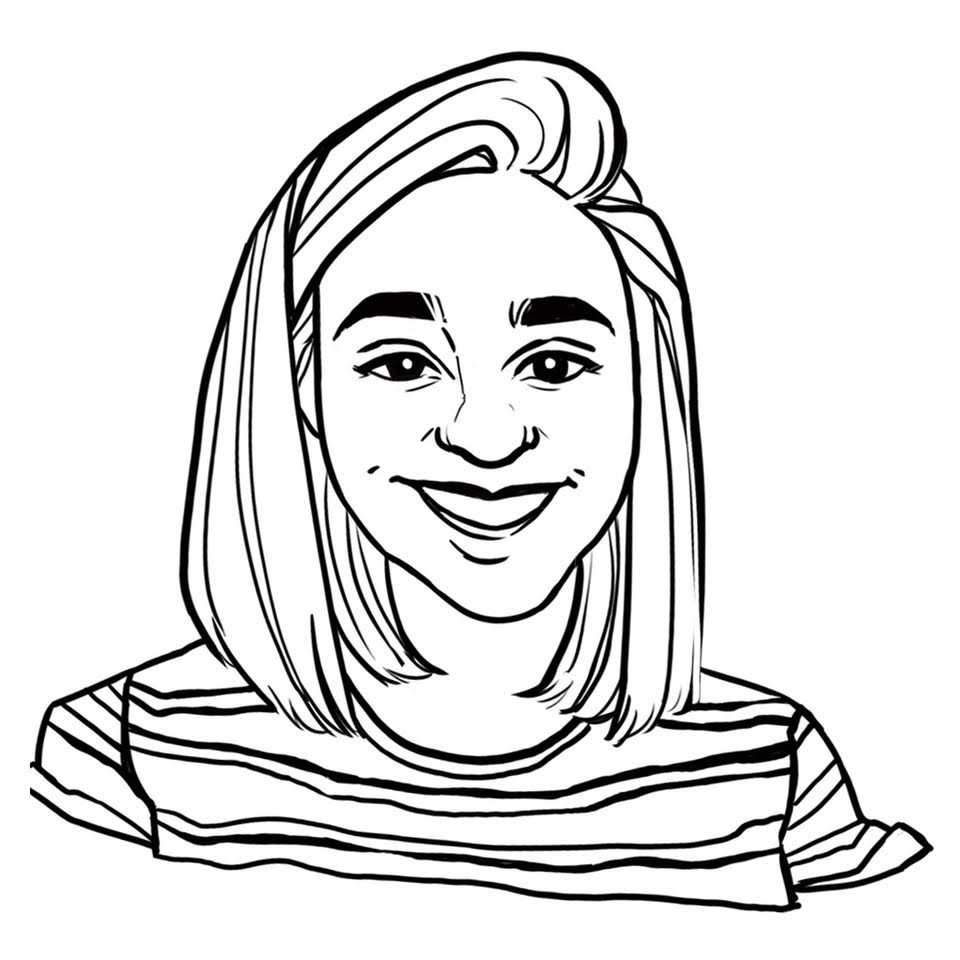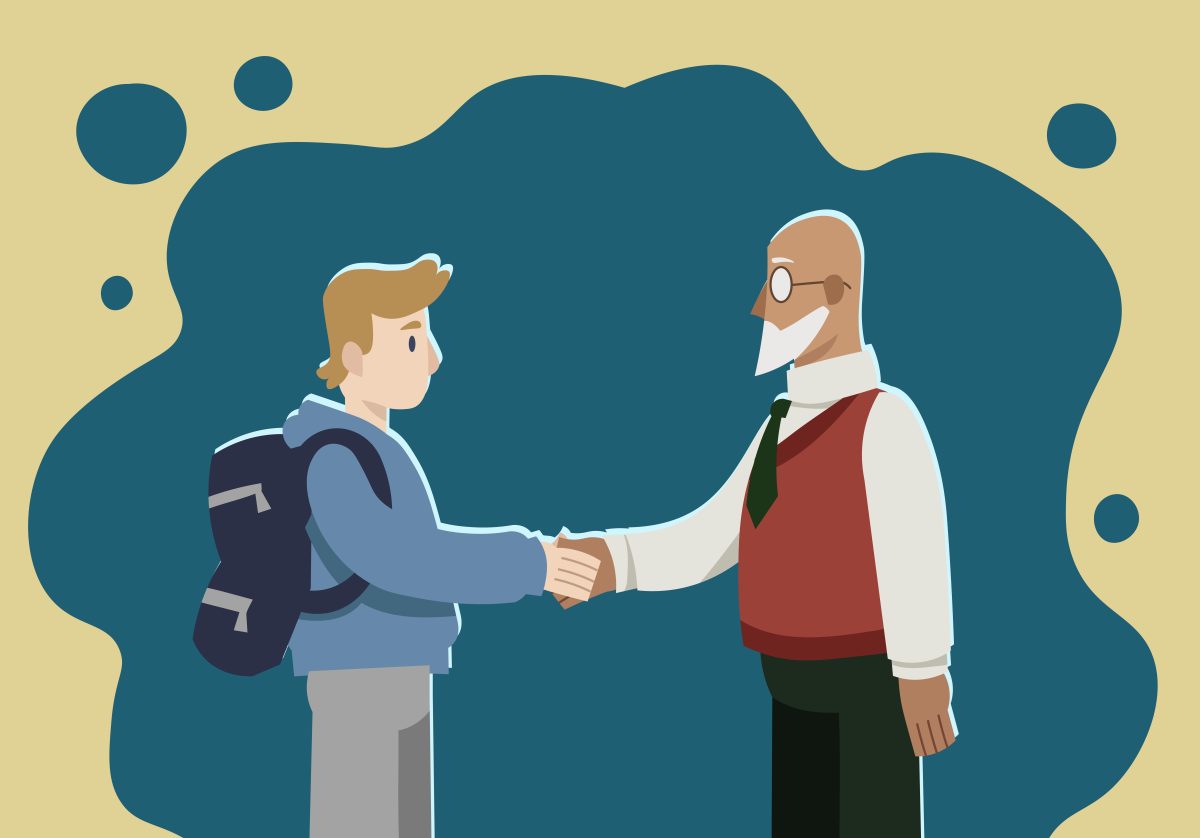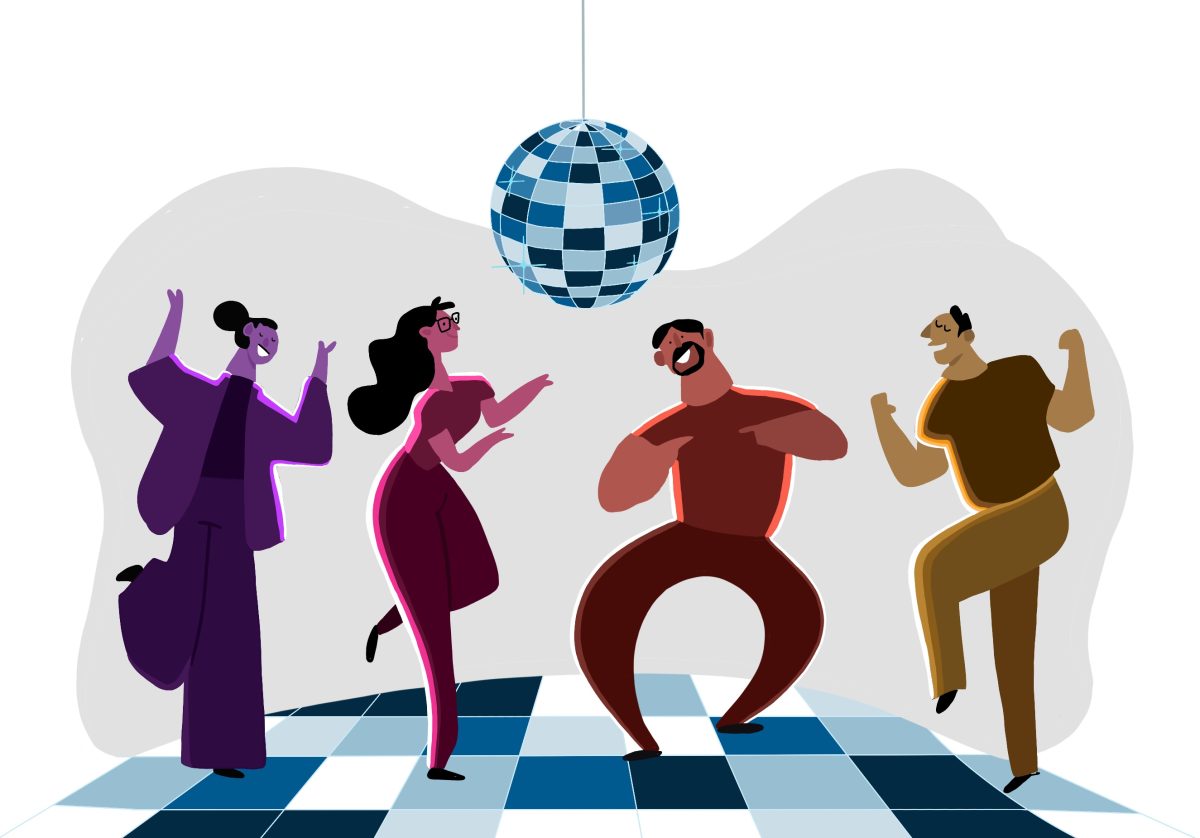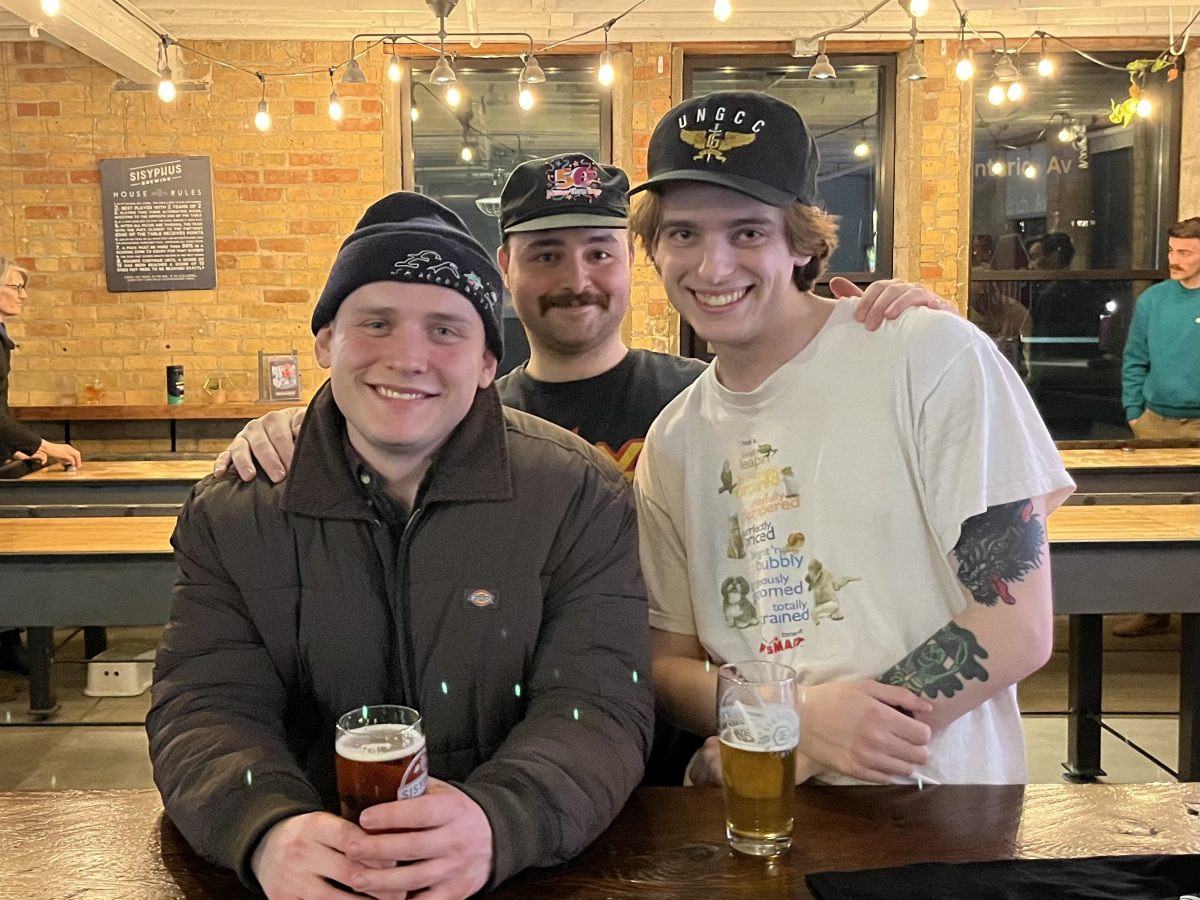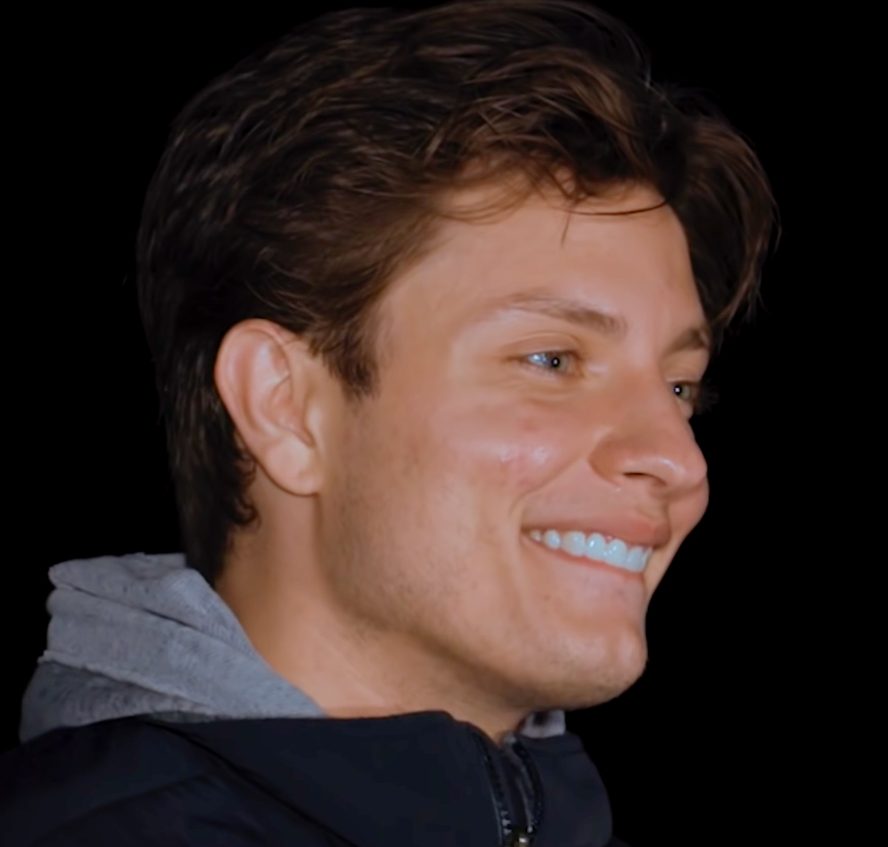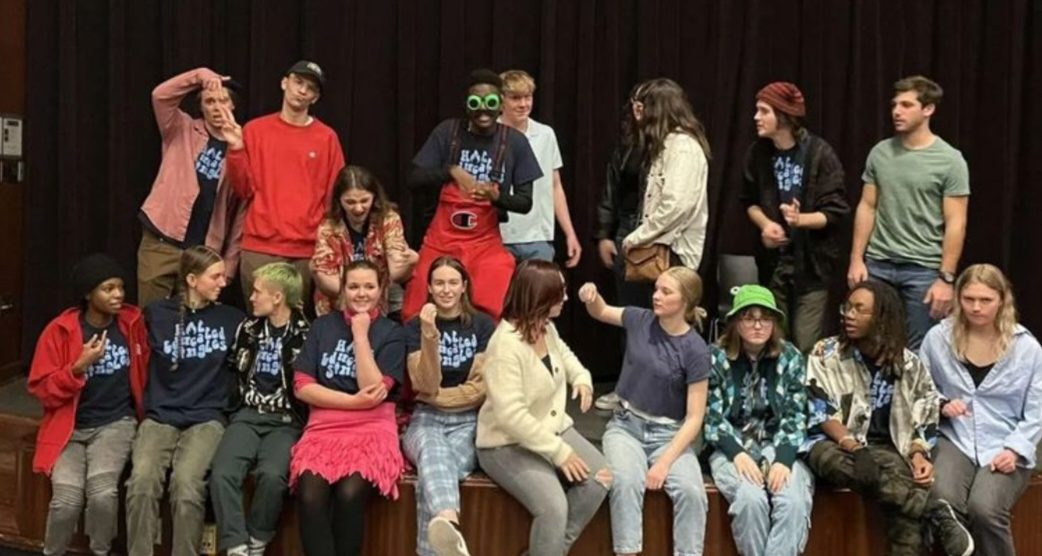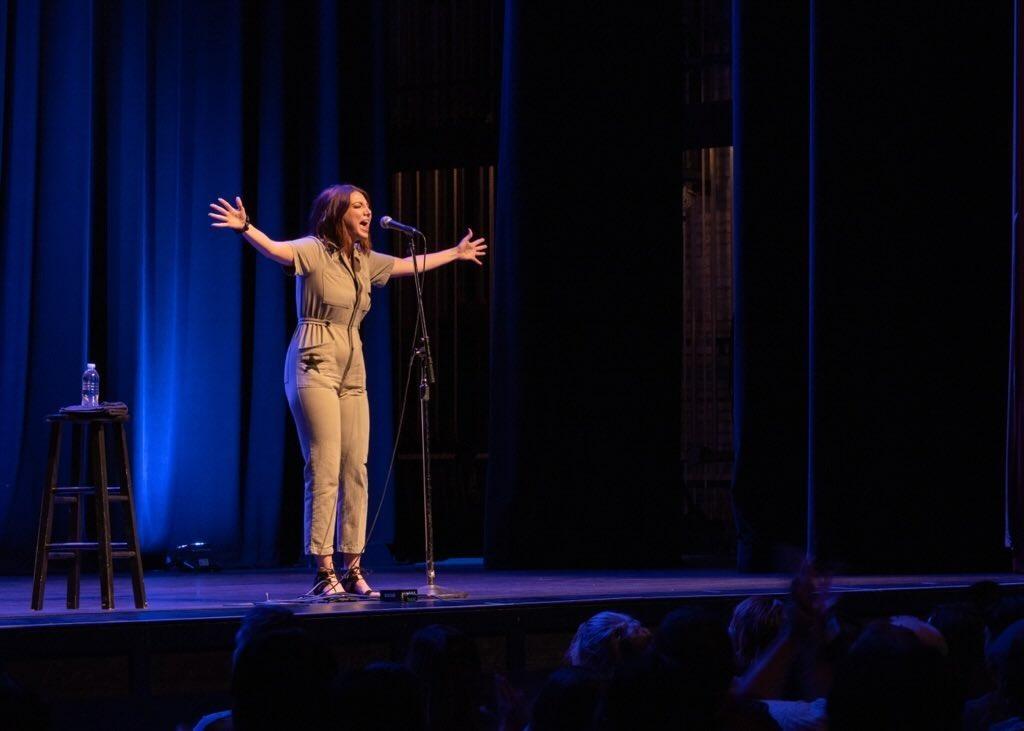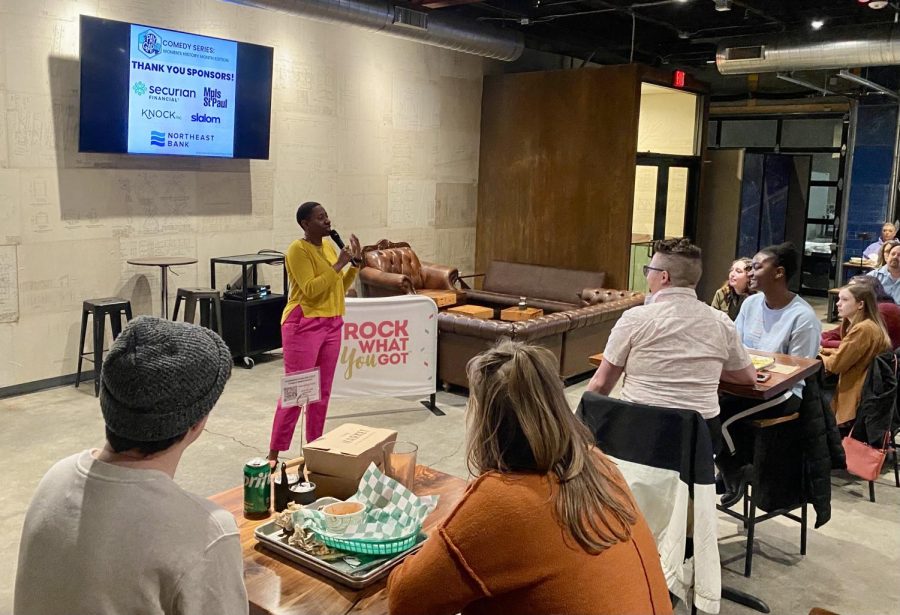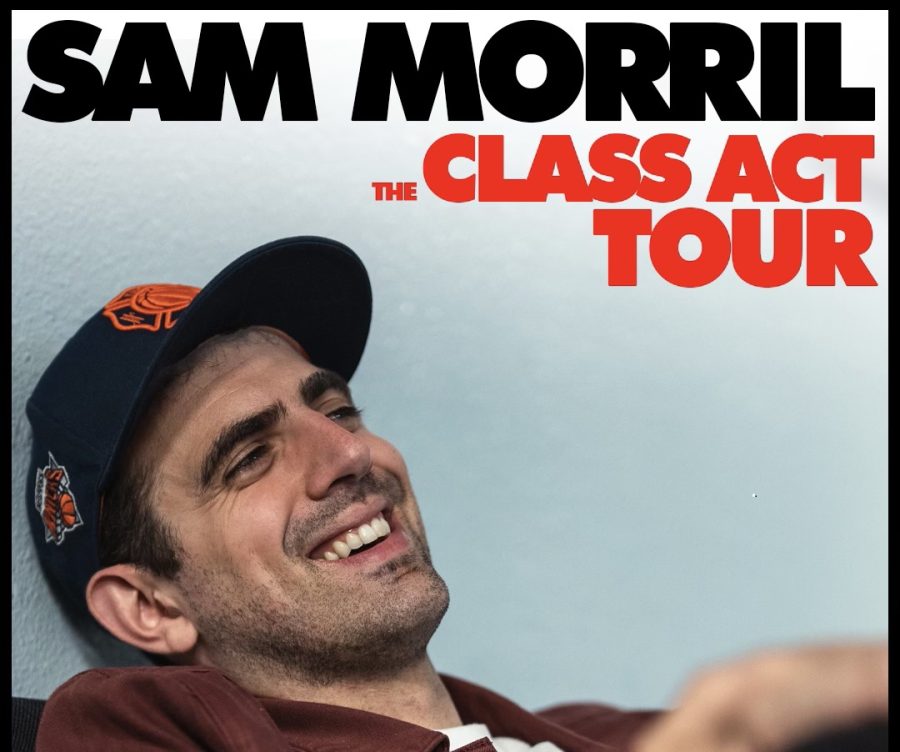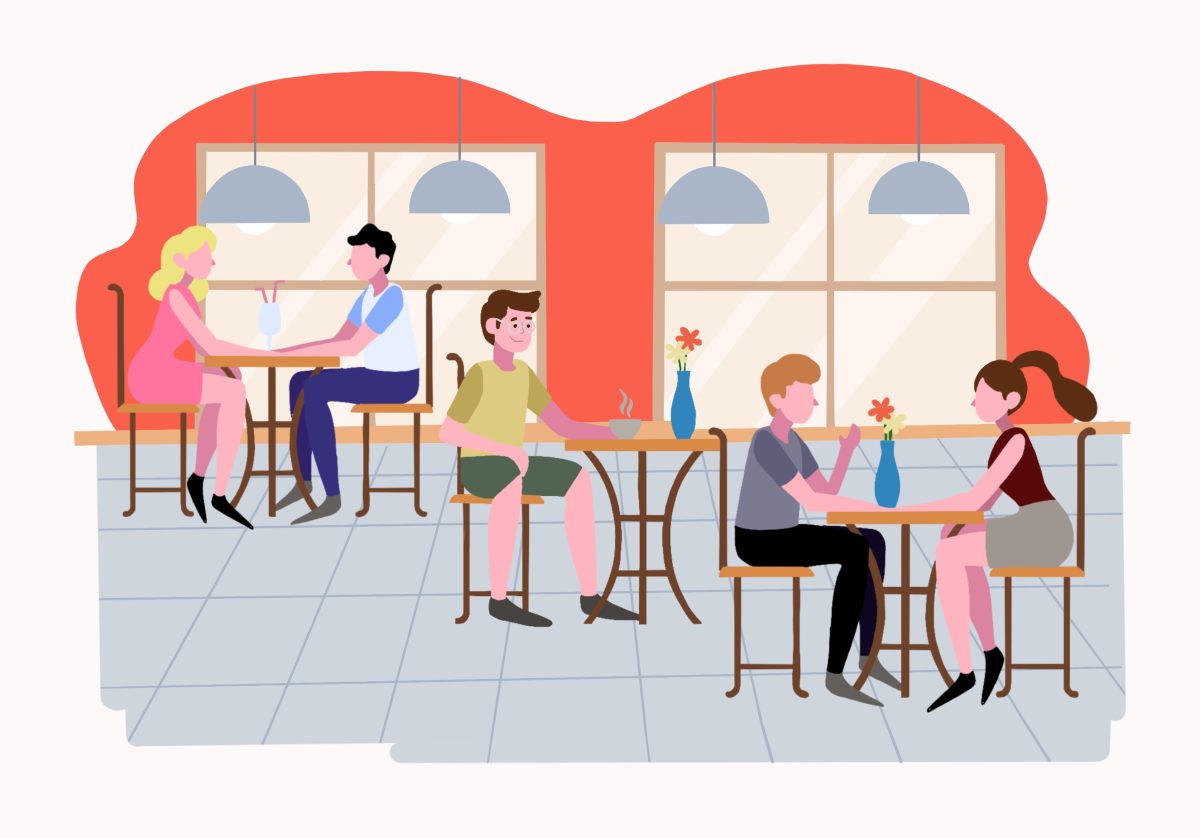Content warning: sexual misconduct, harassment
Yelling jokes at indifferent Tinder dates who are just trying to enjoy a drink at the bar is unfortunately a skill that takes years to develop. When I started stand-up in 2016 as a first-year college student, I was not good. No first-timer is. I was lucky to get my start in a comedy scene as tight-knit as the Twin Cities. Comics looked out for one another, and, even as an awkward beginner, I felt included in that.
The advice I got from other comedians during that first year centered on writing tips and which predatory comics to avoid. It will always stick with me that I was warned about Louis C.K. when I was a two-bit open-micer. I couldn’t remember a third of my punchlines, but I knew not to enter a room alone with the guy who directed Pootie Tang (yes, still talking about Louis C.K.). The knowledge was so common within the community that I thought this behavior would just always be part of the workplace. I was 18 and dumb. Why should comedy have been any different than every restaurant where I’d worked?
A year later, news of Louis C.K.’s predatory behavior surfaced in mainstream media. My brother texted me, “I guess you were right.” I remember thinking that C.K.’s dethroning would cause a ripple effect in the comedy industry as misconduct runs rampant from the top to the bottom. Here was this celebrity, the voice of an era in stand-up, caught with his pants around his ankles while the whole world watched. Some of the world liked what they saw, reinvigorating C.K.’s die-hard fanbase. The narrative shifted from “Louis C.K. did not do those things” to “Louis C.K. did those things, and that’s cool.”
In 2019, two years after C.K.’s allegations went public, he was on stage again at Minneapolis’s very own Acme Comedy Co.
Two weeks ago, accounts of sexual harassment and predatory behavior in the local comedy community surfaced on social media. Screenshots, posted with names concealed, revealed obscene and pervasive messages sent to young comics starting out on the scene as well as another comic defending the perpetrator’s behavior. Comments on the post swelled with similar stories. A lot of people recognized the sender’s communication style. This wasn’t his first offense, nor was it the first time a lot of comics heard about his conduct. Most people knew the offender was Corey Adam before he debuted his Facebook apology the next day.
Adam hosted the Sisyphus Brewing open mic, one of the best comedy spots in the area. He dictated the lineup. He is also employed by Acme Comedy Co. Without shedding too much light on his quasi-celebrity, the man’s got credits. He used those credits to manipulate young comics into feeling like they owed him something. An old City Pages writeup says, “Ask any up-and-coming Twin Cities comedian who has been helpful and influential in their career locally and chances are you’ll hear the name Corey Adam quite a bit.” With headliner clout and gatekeeping powers, he was able to routinely harass people out of the scene, with his career unscathed.
Starting stand-up is inherently intimidating. Getting badgered for nudes by a man twice your age is inherently intimidating. When that man is a community figure who can boost or quash your career, it’s enough to push a person away from the platform altogether.
Workplace violations, like harassment or abuse of power, can radiate in the stand-up industry because comedy is, by the most generous account, barely a job. When you’re new to comedy, there’s already a sense that you’re beholden to everyone around you. You enter the community as a stranger and a competitor for stage time, and every minute of stage time is a privilege. You’re expected to grovel at the opportunity to drive through a snowstorm and yell, “So I’m single,” over a bar of angry Vikings fans and then take it on the chin when you bomb like hell. It’s more of a pyramid scheme than anything.
There’s no HR department for greenrooms. We’re accountable to one another and the spaces we occupy. However, like most jobs in a gig economy, the artform itself caters to rugged individualism. The impetus hence falls on performers and bookers to create safe environments, which begs the question: Who gets protected?
As much as the comedy community emphasizes looking out for fellow performers, the stand-up industry is a network dominated by self-interest. Major-league comedy clubs, like Acme, protect and platform malignant comics’ career rebounds because it sells tickets. Up-and-comers don’t pull the same revenue as an international “Here’s your sign (that I am sorry)” tour. Bookers overlook reports of sexual harassment because they’re buddies with the headliner. Lesser comics stress their need for stage time to justify performing on the same lineup as known predators, attending their shows and doing their mics. Other comics boycott and suffer for it. Fans defend the innocence of comedians they’ve never met because for some reason this country needs its clowns to be truth-tellers. Everyone in this network is complicit, including myself.
There aren’t that many comedians who are famous for sexual infractions. Okay, there’s a decent number; but proportionately, there are far more comics without patterns of problematic behavior that actively build accessible, equitable and innocuous spaces in comedy. Most of them aren’t booked at big-time clubs like Acme. Many of them are blacklisted for calling out the industry’s unabashed bushwa.
In light of these issues in the comedy scene’s culture, Minnesota comics coalesced to advocate for accessibility and inclusivity in Minnesota’s comedy scene. Fair Play MN, a collective of women comedians, pushes for restorative justice in the landscape of live comedy. The group disseminates practical tools within the community that give advice on how to form equitable spaces. Its website also features an anonymous contact and report section for disclosures of “sexism, misogyny and other forms of oppression present in the comedy community.”
The phrase “we have to do better” circulates ad nauseam when allegations against a local personality emerge, and it’s about as effective as voting with “thoughts and prayers.” While ambiguous sentiments sound nice, Fair Play composes distinct action steps for the comedy scene in order to combat pervasive behaviors.
The group published an open letter to the stand-up community regarding Corey Adam and posed several requests on behalf of the comics who reported him that: “Acme comedy club no longer employ Adam, nor allow him to perform there, Radio 101 removes his show from their lineup, all other stand-up venues remove him from booking now and in the future and all comedy clubs in Minnesota develop a comprehensive sexual harassment policy, with explicit, transparent protocols when reports are made.” Fair Play even provides a sample script for calling Acme concerning Adam’s employment.
Comedy didn’t become safer once allegations against Louis C.K. came to light, and problematic behavior won’t end with Corey Adam’s removal. Abuse of power and sexual misconduct can’t be considered isolated incidents because they’re not new to the workplace and definitely not exclusive to comedy. Victory is not stripping a serial sleazeball of his credits but devising an environment in which predatory behavior isn’t protected or tolerated. In order to achieve that, there have to be repercussions for individuals who act out of line — that goes double for gatekeepers.
I’m not saying problematic comedians aren’t funny or that I never laughed at their jokes. I just don’t want my friends or myself to dread this stupid thing we love because some creep makes us feel unsafe. Without any material action to address misconduct, women, trans, femme and nonbinary comics are expected to enter the industry accepting the reality that they will be harassed. That’s a hefty cost for a career that mostly pays in drink tickets.










